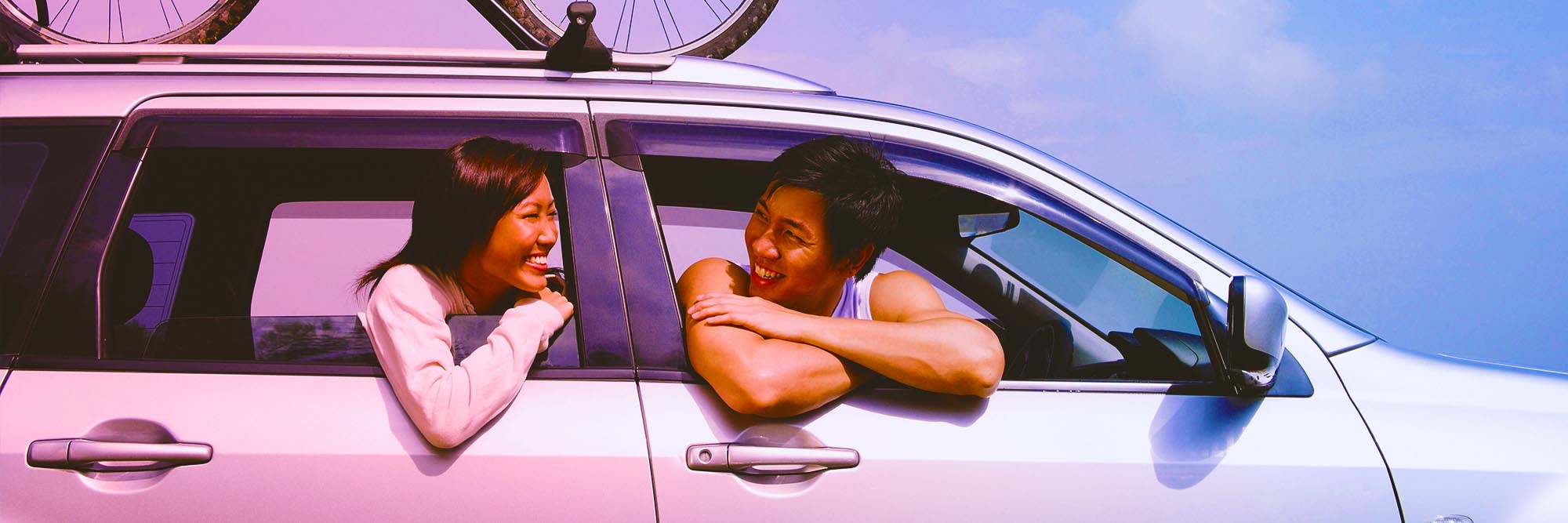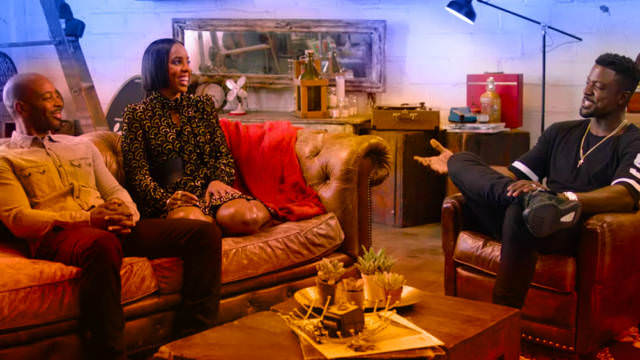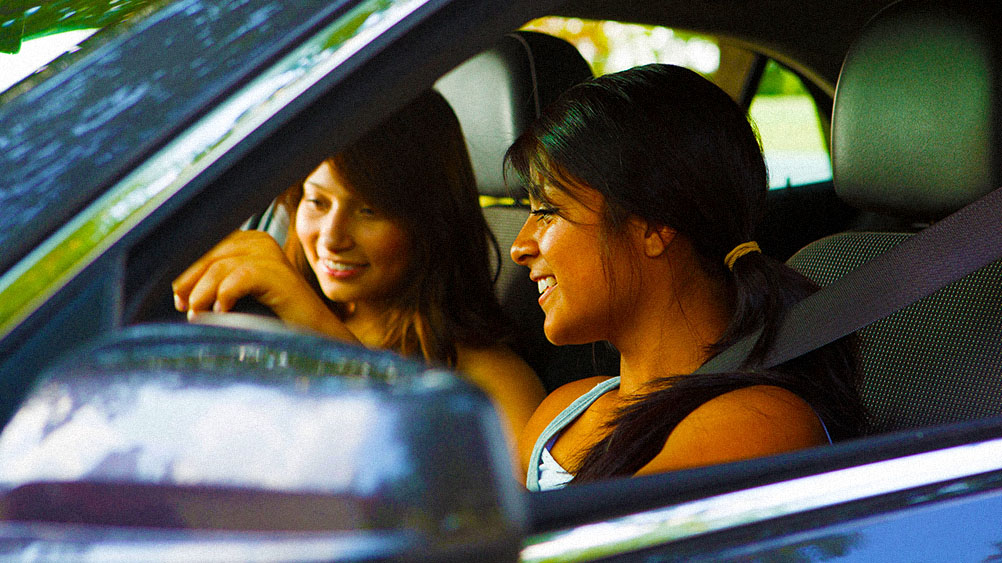Acknowledging diverse groups is a marketing road businesses are frequently travelling—race is very real, and promoting diversity has heightened arguably now more than ever across the brand map.
Millennials are one of the most multicultural consumer groups in the United States—42 percent of the 75 million millennials in the US today are of African-American, Asian-American and Hispanic heritage, according to Nielsen.
With such a diverse and influential demographic to target and reach, car companies are building marketing programs to connect with an age group whose spending power only keeps growing.
“Whether it’s millennials, or anyone else, there is big room in each demographic,” Russell Wager, Mazda’s vice president of marketing, told AListDaily. “We’re core to our messaging in what we build, design and engineer in every single one of our cars.”
Honda, for one, launched “Fit for Fun” to showcase the redesigned 2018 Honda Fit. It’s replete with TV creative and social content communicated by comedians and influencers on platforms such as Snapchat, Instagram Stories, UPROXX, Pandora, Hulu and mitú. In an interview with AListDaily, Susie Rossick, Honda’s assistant vice president of marketing, said the integrated marketing promotion is the brand’s most robust multicultural, mobile and social-driven campaign to date.
“The multicultural millennial demographic is and continues to be very important to the Honda brand,” Rossick said. “For the Honda Fit campaign specifically, millennials were identified as the core target. This differs from other model campaigns that historically encompassed older audiences based on the strategic target. Because of this, our media strategy was to create content specifically aligned with the DNA of the younger audience.”
Honda saw Fit as the most equipped vehicle in its fleet to further the brand’s messaging among audiences because millennials, the largest age group just behind baby boomers, made up a significant amount of their historical sales. The subcompact car also aligns with the millennial mindset and lifestyle—70 percent of Fit buyers are new to the brand.
To find the right blend of influencers like Nick Cannon, Renny, Lejuan James and Frankie Quiñones, Rossick and her team worked with media partners to identify the specific criteria required. To reach a broader general market audience, Honda worked with digital entertainment and culture company UPROXX for five episodes on the web series Hang Time—the Fit is featured throughout the episodes. For the Latino Comedy Traffic Jam program with mitú, Honda identified recognized influencers whose work would resonate with the audience.
“We looked for individuals who had an existing positive relationship with Honda in other campaigns. Selection for the specific talent was also based on their current relevance, whether they’re launching a new season of a hit show or coming out with a new single,” Rossick said. “We used contextual targeting as a complement to our precision targeted efforts in order to reach millennials in relevant environments and engage with them with branded content that spoke to their passion points.”
To measure the earned media value from its social activity and to determine if its messaging is resonating among the target consumers, Honda is using a proprietary scoring methodology to measure and access the program’s value, Rossick said. Results for Hulu, Snapchat and Instagram Stories will be looked at both individually and as part of the campaign, which includes measures such as video completion rates and video view efficiency.

The multicultural consumer greatly contributes to the overall growth of sales across many categories—53 percent of millennials agree that the more money you have, the happier you are, according to Mintel. In an April 2016 report from Bankrate, millennials were most likely to purchase a vehicle in the 12 months that followed among all age groups that were surveyed.
“We’re challenging convention by listening to our customers and offering new ways for our customers, including millennials, to engage with and experience our brand,” Dean Evans, chief marketing officer for Hyundai Motor America, told AListDaily.
For Toyota’s new marketing campaign promoting the Camry, the company specifically designed ads with different storylines to appeal to African-American, Hispanic and Asian-American ethnicities based on what shows they watch.
Another car company jumping into the multicultural marketing fray is Lexus, which is sponsoring Essence’s digital series I Turn My Camera On, a 10-episode show featuring photographer and actor Lance Gross. Celebrities like Michael B. Jordan, Kelly Rowland and Tim Weatherspoon interact with Gross and his famous crew in the Macro Digital Studio-produced pieces.

The Lexus-owned digital content channel L/Studio, a storytelling and marketing vehicle for the brand that’s now in its ninth year, makes long-form videos to build deeper connections through content with luxury consumers. Lexus is backing the series and L/Studio will feature exclusive behind-the-scenes content for I Turn My Camera On.
“L/Studio was created as a platform for creative passion projects rather than a branded entertainment channel. The objective of L/Studio is to gain a shift in brand perception,” Andrea Lim, digital communications manager for Lexus who oversees L/Studio, told AListDaily. “Research has shown that viewers are positively influenced by our featured content, which helps position Lexus as an innovative, brave and thoughtful brand.”
Brands have developed specialized marketing aimed at minorities for eons, but diverse millennials with unique buying habits are influencing the mainstream with a multiplying effect and radically changing the go-to-market approach for car companies.
“Having strong brand equity already among older generations, we recognize millennials as potential new customers to be introduced to the brand and hopefully become loyal customers,” said Rossick.

